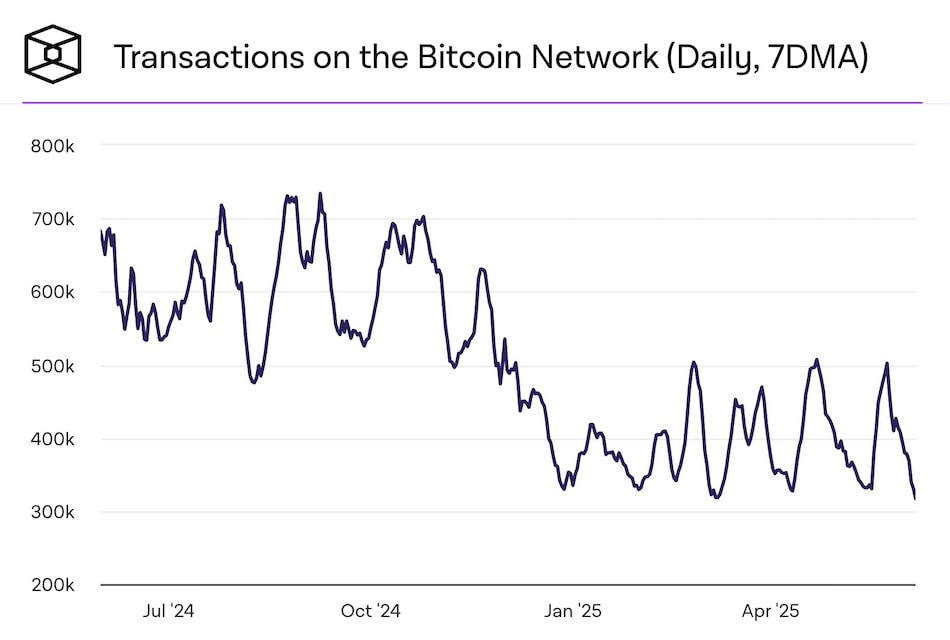
Key Takeaways
- Norway plans to temporarily ban new bitcoin mining centers to conserve electricity.
- The move targets energy-intensive mining and follows public concerns about energy use and noise.
- Russia has imposed similar mining restrictions in multiple regions to manage power consumption.
The Norwegian government announced plans to temporarily halt the establishment of new data centers dedicated to bitcoin mining in an effort to conserve electricity for other sectors.
The measure, reported by Reuters, is expected to take effect in autumn 2025 and specifically targets energy-intensive mining operations.
Karianne Tung, Minister for Digitalization and Public Administration, stated:
“Crypto mining is very power-intensive and offers little return in jobs or local economic benefits.”
The government aims to prioritize power for industries that have a greater local impact.
Local impact and energy debate
Norway’s abundant hydropower has historically made it a popular location for bitcoin miners.
According to recent estimates, Norway ranks among the top ten countries for bitcoin mining activity.
However, the increase in mining operations has triggered concerns about overall energy consumption and the country’s ability to meet green energy transition goals.
The closure of a major mining facility in Hadsel municipality in late 2024, prompted by noise complaints, led to higher electricity bills for residents, as the mine had contributed around 20% of the local power company’s revenue.
Global context
High energy usage is a frequent criticism of bitcoin mining worldwide.
Russia, for example, has enacted bans on bitcoin mining in ten regions, including parts of the North Caucasus and occupied Ukrainian territories, with restrictions lasting until 2031.
Seasonal limits are also in place in Siberia during peak demand months to avoid power shortages.
For more information on bitcoin mining profitability and energy use, see the bitcoin mining profitablity chart and bitcoin hashrate chart.




